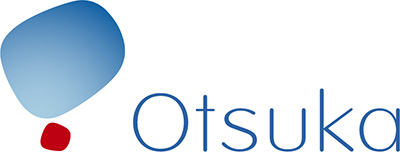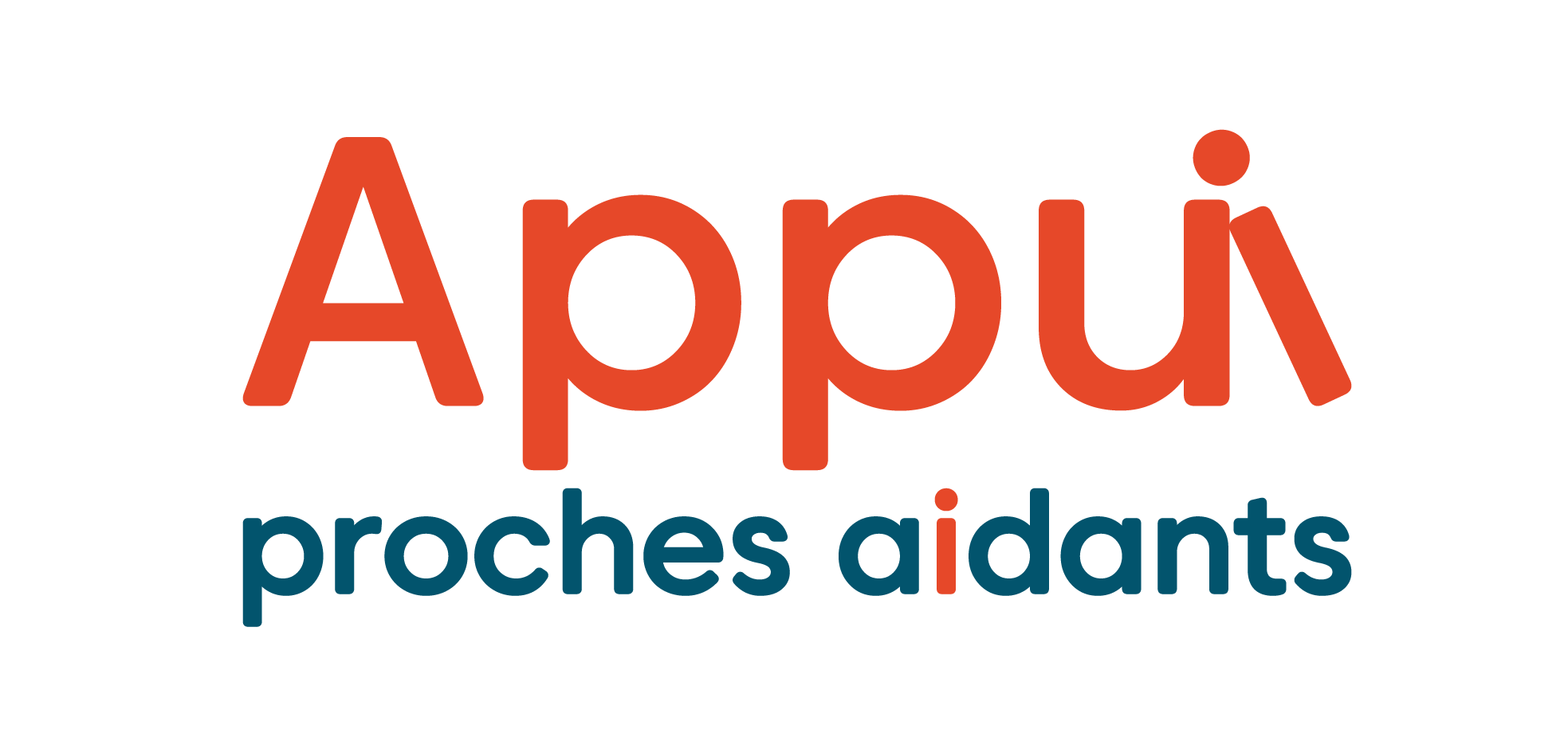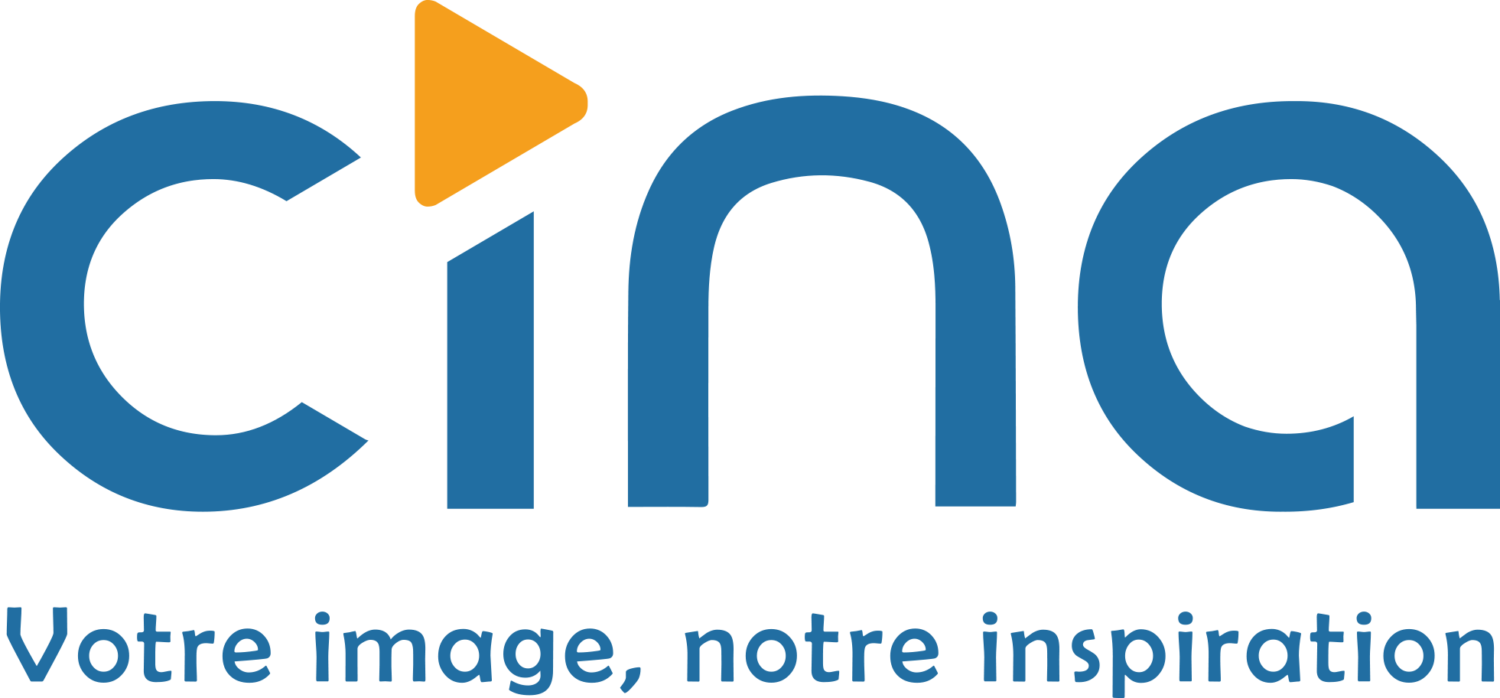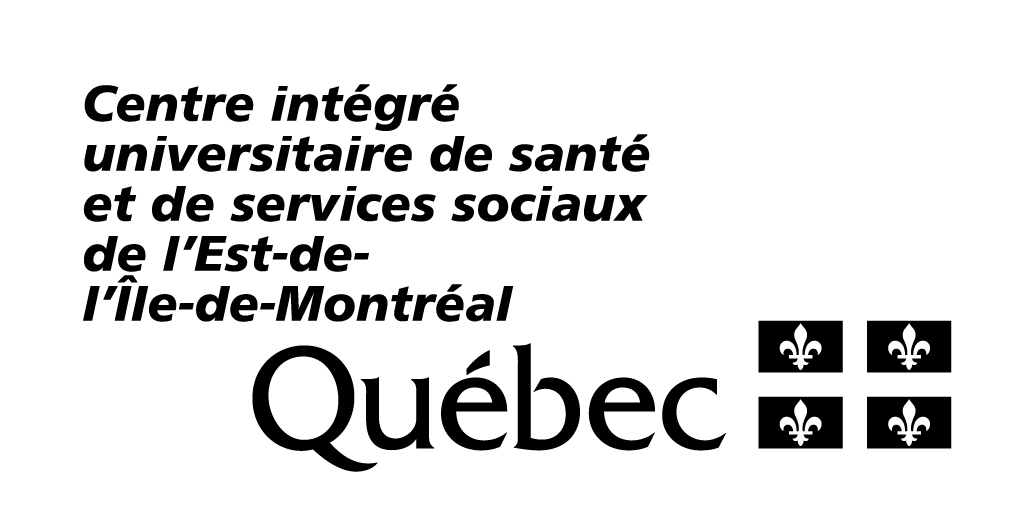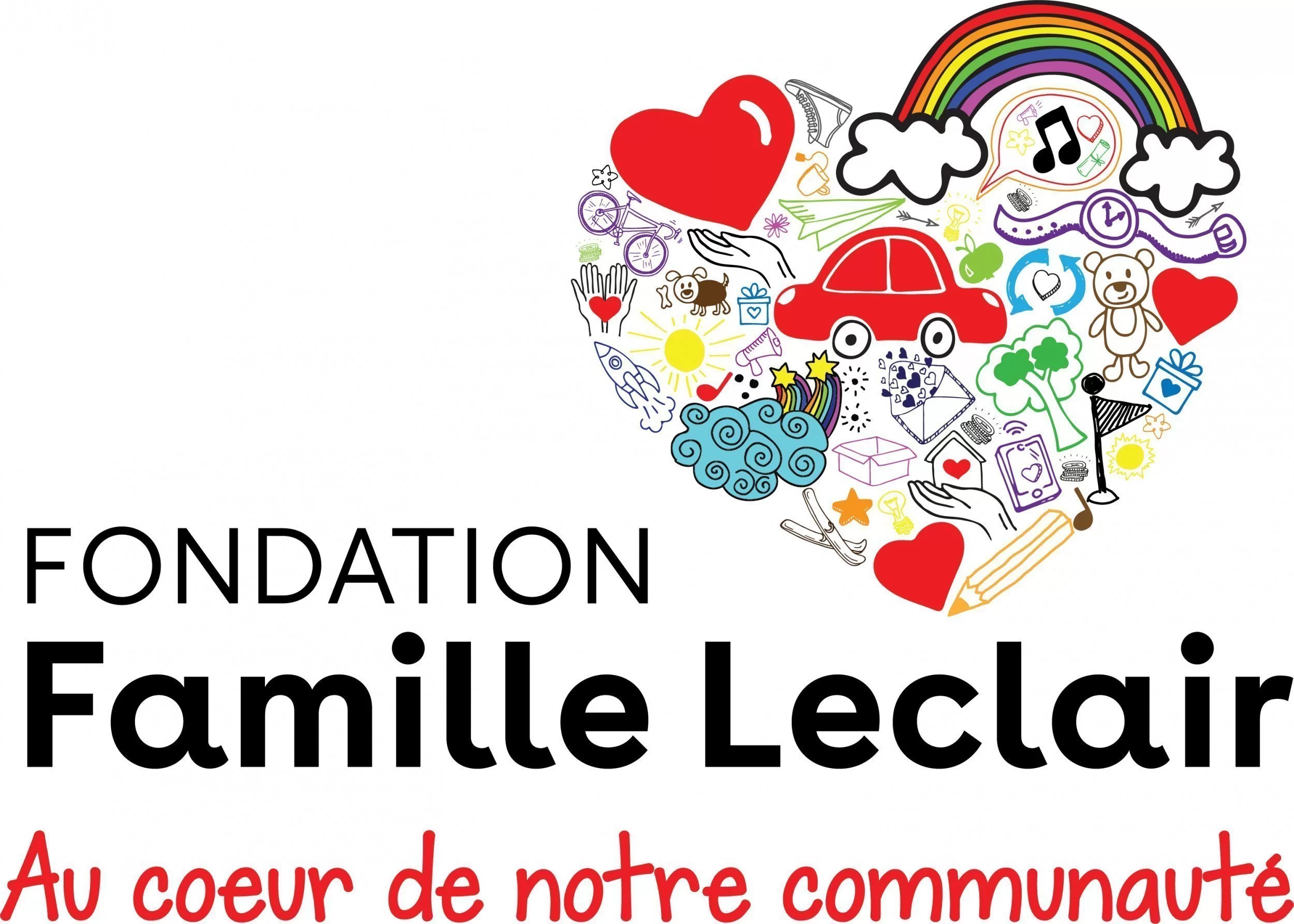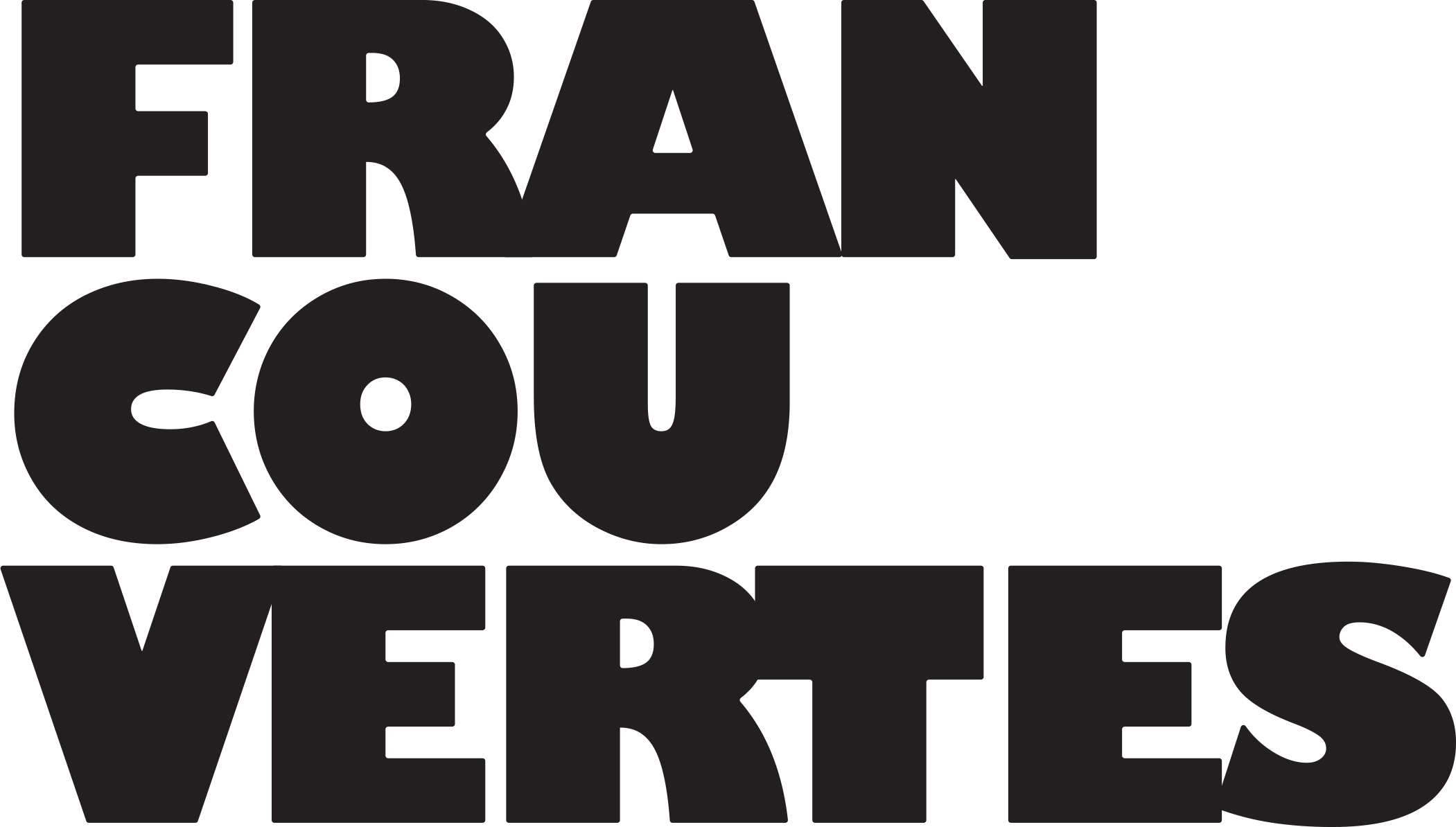The Power of Recognition of Personal Strengths in Mental Health
We asked ourselves as a team, What topic would be of interest to our members as the holiday season approaches? This time of year is for some joyful and for others, well… stressful. Mastering gratitude came to mind…
What a great strategy to take care of your mental health, we said to ourselves! One thing led to another, and we thought of an approach that feels good and promotes the road to recovery for a person living with a mental health issue, an approach that focuses on strengths and gratitude.
But how can I highlight my loved one’s strengths if I see mainly their suffering and if I carry on my shoulders the responsibility of making them better? The role of caregiver is often littered with hidden traps, but maybe you’ve thought – if I don’t stop what I’m doing, it could send me into a devastating spiral in an attempt to get my loved one out of his or her misery. The first trap is to forget to be kind to oneself in one’s role as a caregiver and to invest all of one’s energy towards the loved one
Who among us has never felt powerless in the face of another’s suffering? Who has never felt guilty, angry, ashamed or responsible for the difficulties of a loved one living with a mental health issue? Powerless in the face of this suffering, powerless in the face of the illness, powerless in the face of the other person’s road, powerless in the face of his or her differences that awakens discomfort in us, powerless in the face of what we can really do to help our loved one. We may know that the only power we have is the power to take charge and change ourselves, and it is inevitable that in any helping relationship, we face the greatest powerlessness: the power to take charge of the other person and change him or her.
This feeling of helplessness is normal.
This feeling of powerlessness is normal. And so is defending oneself against it. However, in relationships, one defense attracts another and unfortunately, we attract the opposite of the well-being we are looking for. To really take care of oneself is to welcome this unpleasant emotion as well as all the others that awaken in us without judgment, with empathy andwithsensitivity.
Yes, there and only there, lies the power over ourselves. If we do not welcome our unpleasant emotions so that we can take care of them, we risk sliding into control, into taking excessive responsibility and into the project of changing the other in an attempt to suffer less. And if we are not aware of this process, we become trapped in this cycle.
The spiral of this cycle is heavy to bear, both for ourselves and for the loved one living with a mental health issue. So this holiday season, why not take a step back and try to let go of what we can’t change? This is the greatest gift you can give yourself and it is the beginning of the road to regaining your freedom and well-being.
We have the power to change the way we think and approach our loved one’s mental health issue. To help us have hope, let’s take a look at the strengths approach developed by Charles Rapp and Rick Gosha of the University of Kansas.
“The strength-based approach is based on the idea that each person can make changes in his or her life and that he or she has the expertise to solve his or her problems and move forward in his or her life plan.”
I can already hear people saying, and I include myself, “Well, they don’t know my loved one. He is far too ill to know what is good for him!” We often see our loved ones as people affected by an illness that takes away all their competence. Let’s try to change this paralyzing thought for ourselves and for our loved ones.
The strengths-based approach is based on six principles that focus on the search for a life project, on the talents and abilities of people, and on the resources and opportunities available in their environment.
But what can I change?
- Focus on the individual’s strengths rather than deficits;
- Believe and know that people living with significant mental health issues are capable of transforming their lives;
- Accept that the client (our loved one) is the master of his or her life and of the intervention process;
- To recognize that the relational link is essential for the co-construction of interventions;
- Promote interventions and interactions in the community, outside the institution or hospital;
- Reinforce the strengths of the person’s environment and the role of the community as an oasis of resources.
Without denying the reality of the illness, taking a moment each day to notice a strength in our loved one can make a big difference. At a training session, a woman who recovered from a major depression shared with us the almost inhuman effort she had to make to accomplish a very small task. When her family began to recognize her efforts rather than focus on her difficulties, such as her tendency to spend her day in bed, she said her inner experience changed. By trusting our loved one and believing in his or her possibilities, we promote the well-being of each person while respecting his or her differences.
By changing the way we look at ourselves and the other person, we discover a new path. To help you prioritize yourself and take care of yourself, don’t hesitate to participate in our workshop on mindfulness; it’s a great way to become aware of your thoughts and thus, reconnect with your true power.
Source : Julie Clément, consellor for Friends for Mental Health. 2022. Family Matters, Vol. 43 No. 4, Holiday edition 2022, pages 4-5.
Read the review here.









